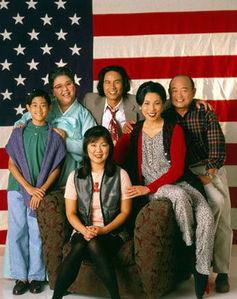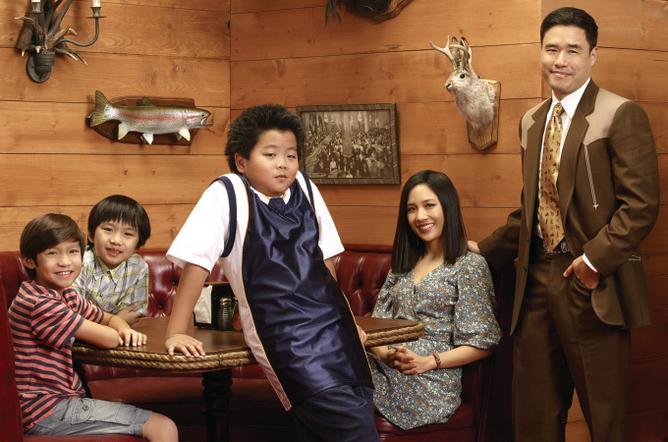The new ABC family comedy Fresh Off the Boat is being hailed for returning, at last, an Asian-American family to US television – the first since 1994’s short-lived comedy All-American Girl, which also sought to bring stories about an Asian-American family to prime-time, broadcast television.
To be sure, a show about an Asian-American family – especially one as well-written and acted as Fresh Off the Boat – is an important milestone. Most Americans might not realize how infrequently Asian-Americans appear on TV. Yet the continued scarcity of Asian-American characters is stunning.
Have the times changed, such that mass audiences are more receptive to shows like Fresh Off the Boat, which feature diverse characters? Not necessarily.
Instead, when looking at Fresh Off the Boat and All-American Girl – and analyzing their respective fates – it’s important to consider the extraordinary transformation of US television in the intervening decades. The changes – part a shift toward more targeted programming – are so pronounced that it’s fair to ask whether today’s TV shows can even be compared to those of 1995.
Different Era, Different Fates
All-American Girl produced 19 episodes that aired from September 1994 through March 1995. It averaged a 5.7 rating among a target audience of 18-49 year-olds (meaning 5.7 percent of 18-49 year-olds with televisions watched All-American Girl). The rating placed it second in its time slot to only Beverly Hills, 90210.
Still, it averaged fewer viewers than the show that preceded it, and drew far fewer than the one that followed it. Overall, its performance could be considered average: of the top 100 shows for the 1994-1995 season, All-American Girl ranked in the middle of the pack, at 48th.
In comparison, Fresh Off the Boat earned a 3.3 rating among the same demographic in its premiere (which includes those watching DVR recordings within three days). Yet this has been hailed as a strong debut, and after a handful of episodes, many are saying the show is likely to be renewed.



